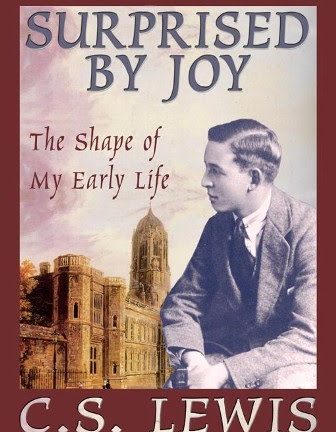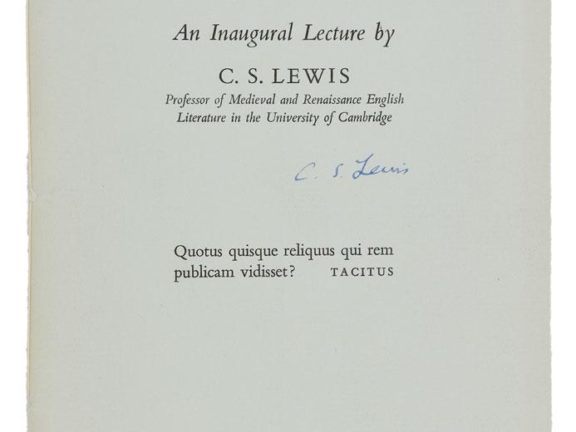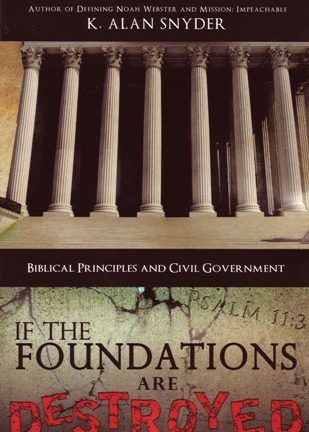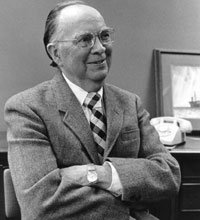The Very Historically Grounded C.S. Lewis
In my quest to write a book about C. S. Lewis’s views on history, I’ve laid out potential chapters for the proposed book. The very first chapter, I believe, needs to establish Lewis’s credentials as someone whose views on history should be taken seriously. Some, I know, would say that since he primarily taught English literature that this might be a hill too steep to climb. Yet, as a historian myself, I know quite well that history and literature are… Read more »







